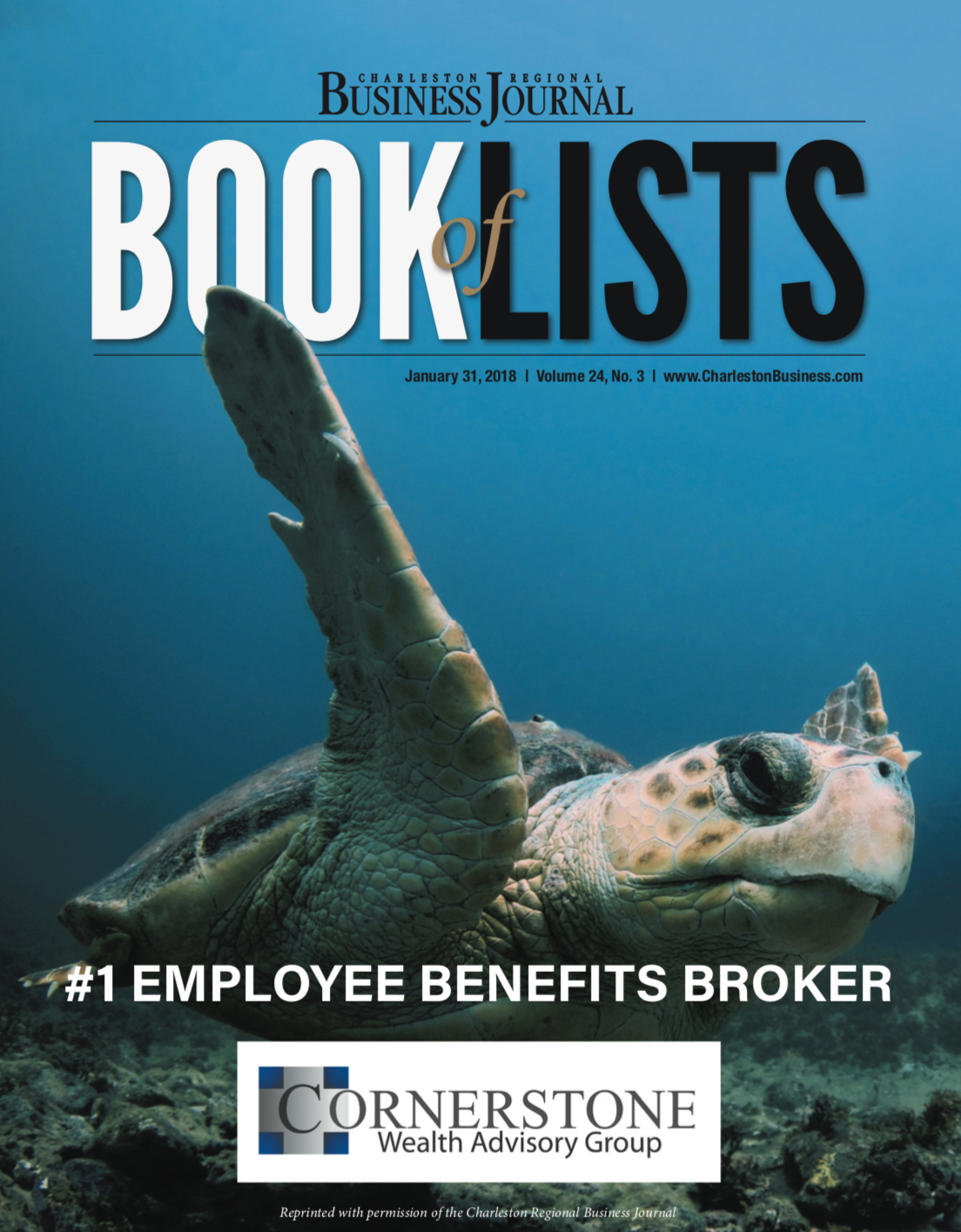You’re at home on a Tuesday afternoon and you receive a phone call from a local retirement planner, offering to visit you at your home, explain the Medicare program and do a free financial review.
Of course, as an informed consumer, you are skeptical. “What are they going to try to sell me? Is this legitimate?” You may wonder. And these are valid questions. ANY time ANYONE wants to visit you at your home or wants you to divulge personal information, it’s your responsibility to do your due diligence and make sure the representative is legitimate. In a society filled with dishonesty, scams and scandals it can be hard to know who to trust! This article will discuss a few ways you can help ensure that you are dealing with who you THINK you’re dealing with and also that they give you the treatment you deserve.
Step 1- Identification
When you book an appointment with a representative over the phone, be sure to get their FULL name and the name of the Company they represent. Your first step is to make sure that they are licensed to do what they say they do. If they are representing an insurance company, or a group that works with insurance companies, they are required to have a state insurance license. You can easily go online and do a search for the Department of Insurance for the state you live in. Each website usually has something called a “Producer Search” which allows you to inquire by Insurance License Number, or by name.
When you find the name of the person you’re looking for you will want to verify that their license is current and active. If you have trouble finding them, don’t hesitate to contact them back and ask for a State Insurance License Number. If you still can’t find it, or if it’s not active, do not meet with this person! Contact their company back and ask for a manager. The company should be able to provide you with a different representative who can help you. You can also contact the state Department of Insurance for more information on that individual.
If you DO find them online, you’ll also want to search further and see which companies they’re licensed with. If you don’t immediately see a particular company listed, don’t be alarmed. Insurance Agents frequently become contracted with new companies as rates fluctuate and products change. They just want to be able to offer their clients the very best options! But sometimes these companies take time to reflect those contracts in the State’s online system.
Another issue is that sometimes an agent works with an agency of a certain name (For example: Jones Retirement Center) who has contracts with insurance companies (Like, John Hancock or Lincoln Financial) So the person on the phone might say: “This is Mike, with Jones Retirement Center.” but when you look him up online you don’t see any sort of contract listed for “Jones Retirement Center”, you only see “John Hancock and Lincoln Financial”. This is because the State sometimes only lists the contracts for actual Insurance Companies, not for the agencies they work through.
If this is the case, you’ll want to do another online search for the name of the agency they work for. So, using the example above “Jones Retirement Center in Financeville, Washington.” Most agencies have a website and you can use this site to review a little more about the company the agent represents and possibly even verify that the agent DOES in fact, work for that agency. (Many agencies list their representatives on their website.) You might also check other outside online listings such as Yellow-Pages or Google, to read reviews about this agency. If negativity seems prevalent with no response or explanation from the business, then you might want to turn elsewhere for your financial planning advice.
If the agent and agency clear all the above filters, the last thing you’d want to do, is just verify that they are who they SAID they are, when they come to your house for their appointment. Asking to see a driver’s license or insurance license will not throw an honest agent off-guard. They will be happy to share their credentials with you. Hopefully they’ll tell you that they appreciate your diligence and that they’re glad to be working with someone who has taken steps to protect themselves in this crazy world we live in.
Step 2- Fact Finding
If you went to a doctor for a check-up and he walked in the room and handed you a prescription for a heart medication, without ever talking to you, taking your blood pressure or running any other tests, you’d think he was crazy! He knows nothing about you or your situation, yet he’s trying to get you to take a drug for a heart condition! How can he even know you HAVE this condition? And even if he’s right, you might already be taking some other medication to treat it! Who knows how the two could affect each other!
It’s just as unreasonable, for a representative to come to your home and tell you that a certain product or service will best suit your needs, if they haven’t first done a financial review.
Also called a “Fact Finder” a financial review will let your agent know about everything you are and aren’t currently doing with your insurance, investments and savings. Having this information will allow them to inform you of possible problems and offer valid solutions.
It can be unsettling to divulge this type of personal information but keep in mind, you’ve already verified that this is a licensed and trained representative, working for a company that has a good reputation. It’s vital that they have a full picture of your financial situation BEFORE you purchase any new product, or they suggest any changes to your retirement plan.
You may be asked any of the following questions:
What types of investments do you currently have? What are the interest rates and total balance of those accounts? (They will want to see statements if you have them and might even call the company to confirm different details of your policies.)
What type of life insurance do you have? (This is another case where showing the agent your policy and letting them call the company for full details is definitely to your benefit.)
What are the balances of your checking and savings accounts?
What type of health insurance do you currently have?
What is the current state of your physical health?
Honestly answering all of these questions is the only way that your representative can truly evaluate your situation and offer real solutions that could change your life!
If your representative doesn’t take the time to do this type of review with you, they aren’t doing their job. To get the best service in this industry, you must demand it! Don’t settle for less. Give them your full attention, and they will give you theirs.
Together you can work toward a secure future for yourself and your family.
…You might also like
 Troy Bell is a native Charlestonian and a 1988 graduate of Old Dominion University in Norfolk, VA.
Troy Bell is a native Charlestonian and a 1988 graduate of Old Dominion University in Norfolk, VA. 

